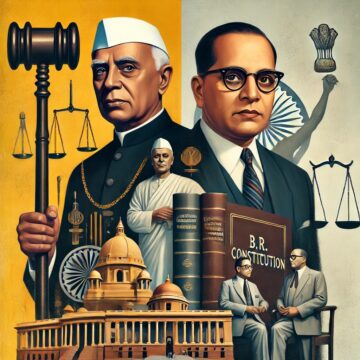This blog provides a strategic analysis of the pivotal 1962 India-China conflict, exploring its profound impact on bilateral relations and regional geopolitics. It delves into Nehru's controversial leadership decisions, the immediate military responses, and the enduring lessons that shape today's strategic policies between the two Asian giants.
Dattatreya and Guru Gaj: Embracing Wisdom from the Elephant’s Teachings
Explore the profound teachings of Dattatreya and Guru Gaj, where the majestic elephant symbolizes restraint and wisdom. Bhagwan Dattatreya illustrates how unchecked desires, even in the mightiest, can lead to downfall, offering vital insights into self-discipline and ethical conduct.
Yoga and Vritti Types: Navigating Mental Modifications
Dive into the profound world of Patanjali’s Yoga Sutras with our latest exploration on "Yoga and Vritti Types." This blog uncovers how understanding the five types of vrittis—painful and not painful—can transform your yoga practice and daily life, guiding you toward deeper self-awareness and mental clarity.
Ambedkar’s Buddhist Political Move: Divergence from Gandhi on Caste Issues
Ambedkar's Buddhist Political Move was not merely a spiritual choice but a profound critique of Hindu caste inequalities. Influenced by his differences with Gandhi and frustrations with Nehru's policies, this move marked a strategic realignment towards more assertive Dalit activism, fundamentally challenging both traditional Hindu structures and contemporary political frameworks.
Ambedkar’s Buddhist Conversion: Challenging Caste with New Faith
Dr. B.R. Ambedkar’s conversion to Buddhism was a monumental act that not only shifted religious identities but also challenged entrenched caste hierarchies in India. His decision, rooted in a profound critique of the caste system as institutionalized in Hindu doctrines, sparked a significant dialogue on equality and social reform.






